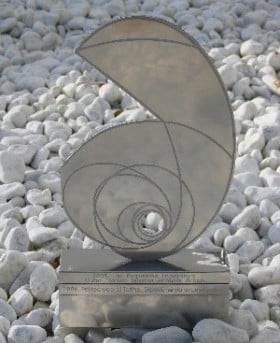 A team of Michigan Tech and University of Michigan students placed 16th in the European Space Agency’s 9th Global Trajectory Optimization Competition. The online competition attracted 69 teams.
A team of Michigan Tech and University of Michigan students placed 16th in the European Space Agency’s 9th Global Trajectory Optimization Competition. The online competition attracted 69 teams.
The competition challenge was: “It is the year 2060 and the commercial exploitation of Low Earth Orbits (LEOs) went well beyond the trillion of Euros market size. Following the unprecedented explosion of a Sun-synchronous satellite, the Kessler effect triggered further impacts, and the Sun-synchronous LEO environment was severely compromised.
Scientists from all main space agencies and private space companies isolated a set of 123 orbiting debris pieces that, if removed, would restore the possibility to operate in that precious orbital environment and prevent the Kessler effect from permanently compromising it. You are thus called to design a series of missions able to remove all critical debris pieces while minimizing the overall cumulative cost of such an endeavor. Each single mission cost (in EUR) will depend on how early the mission is submitted via this web-site (regardless of their actual launch epoch) and on the spacecraft initial mass.”
Michigan Tech’s team included Ossama Abdelkhalik (MEEM), four graduate students and one remote graduate student.
By Jenn Donovan.
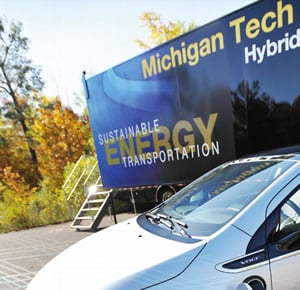
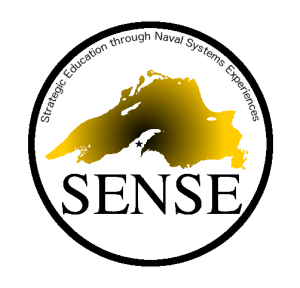
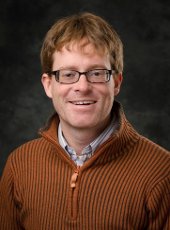
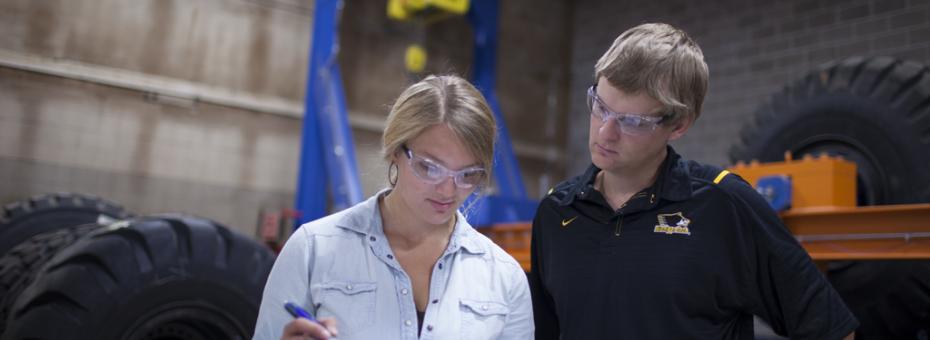
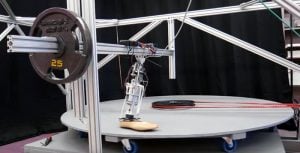
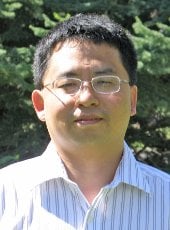
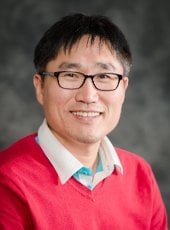
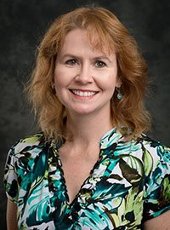
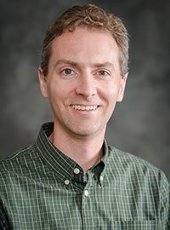 Tech professor Greg Odegard is heading a Space Technology Research Institute, which is being funded by a five-year, $15 million grant from NASA. That group, the Institute for Ultra-Strong Composites by Computational Design (US-COMP), is looking to develop a lighter, stronger structural material made of carbon nanotubes for space travel — first a return to the moon, then a manned mission to Mars.
Tech professor Greg Odegard is heading a Space Technology Research Institute, which is being funded by a five-year, $15 million grant from NASA. That group, the Institute for Ultra-Strong Composites by Computational Design (US-COMP), is looking to develop a lighter, stronger structural material made of carbon nanotubes for space travel — first a return to the moon, then a manned mission to Mars.